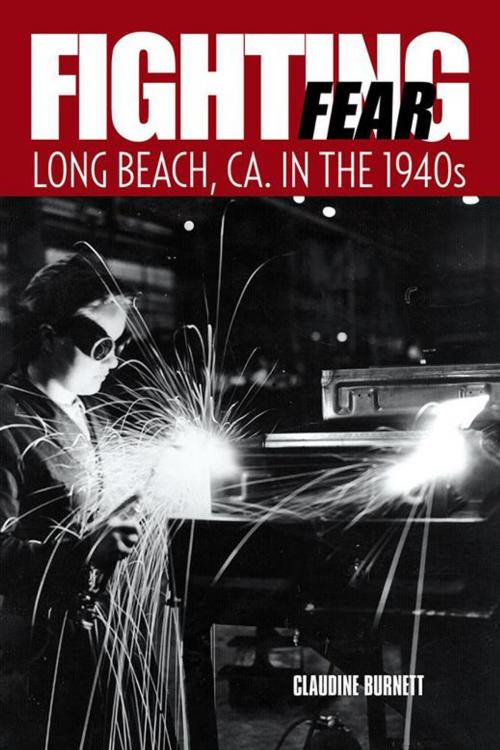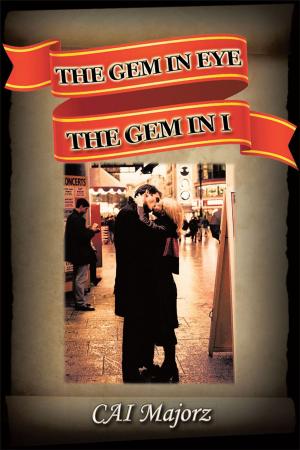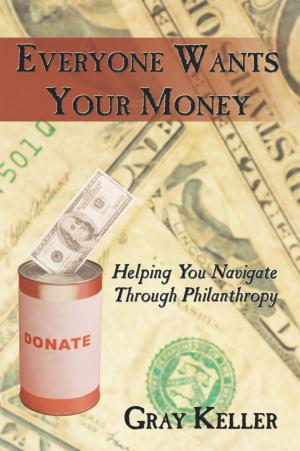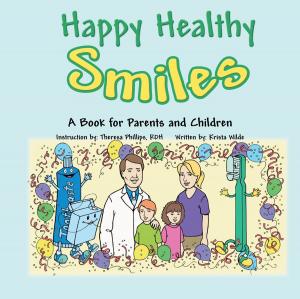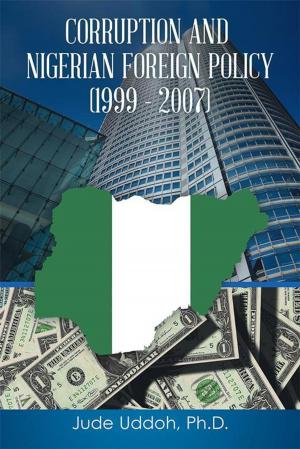Fighting Fear
Long Beach, Ca. in the 1940S
Nonfiction, Reference & Language, Reference, History, Military| Author: | Claudine Burnett | ISBN: | 9781496914705 |
| Publisher: | AuthorHouse | Publication: | June 30, 2014 |
| Imprint: | AuthorHouse | Language: | English |
| Author: | Claudine Burnett |
| ISBN: | 9781496914705 |
| Publisher: | AuthorHouse |
| Publication: | June 30, 2014 |
| Imprint: | AuthorHouse |
| Language: | English |
The war in Europe had resounding effects worldwide, but the clouds darkened over Long Beach much earlier than the war clouds appeared over Europe. In the days of Prohibition Long Beach waged battles against illegal bootlegging, gambling and political corruption. When Prohibition ended in 1933 it was hoped that the city could return to what it once was---a decent, law abiding, town. But that was not to be, too many new people had moved into the area brought there by the growth of the harbor and the discovery of oil. It was hard to tell who was a good cop and who was bad, and it was also difficult to tell which of the politicos running the city had hands that were dirty. As the federal government looked at Americas west coast they saw an intense need for a stronger military presence if the U.S. ever had to protect its Pacific shores. For Long Beach this was good news. The city had its harbor and airport, both already in use by the military, with plenty of available land for expansion. Long Beach was about to enter its greatest period of growth and development since oil was discovered in 1921. It didnt take a visionary to see that Long Beach would be a prime target for an enemy attack. The eastern portion of the city housed numerous shipyards and a Navy base; to the north there was Douglas Aircraft Company, and the Army air base at the Municipal Airport; to the east was the Los Alamitos Naval Air Station and the Seal Beach Naval Weapons Depot. In the middle of Long Beach were countless oil wells, fueling the ships, planes and other equipment needed to fight a war. During the 1940s hordes of people escaping the effects of the Great Depression flooded into Long Beach looking for jobs in the shipyards, oil industry, and aircraft factories, which had sprung up as the war in Europe intensified. The newcomers did not seriously consider the fact that Long Beach would be a prime target if America entered the war. What they needed was a job, and Long Beach was where to find one. After Pearl Harbor the fear set in. Long Beach would be a prime target for a Japanese attack. There was also a second fear---that gambling interests and political corruption would take over the city.
The war in Europe had resounding effects worldwide, but the clouds darkened over Long Beach much earlier than the war clouds appeared over Europe. In the days of Prohibition Long Beach waged battles against illegal bootlegging, gambling and political corruption. When Prohibition ended in 1933 it was hoped that the city could return to what it once was---a decent, law abiding, town. But that was not to be, too many new people had moved into the area brought there by the growth of the harbor and the discovery of oil. It was hard to tell who was a good cop and who was bad, and it was also difficult to tell which of the politicos running the city had hands that were dirty. As the federal government looked at Americas west coast they saw an intense need for a stronger military presence if the U.S. ever had to protect its Pacific shores. For Long Beach this was good news. The city had its harbor and airport, both already in use by the military, with plenty of available land for expansion. Long Beach was about to enter its greatest period of growth and development since oil was discovered in 1921. It didnt take a visionary to see that Long Beach would be a prime target for an enemy attack. The eastern portion of the city housed numerous shipyards and a Navy base; to the north there was Douglas Aircraft Company, and the Army air base at the Municipal Airport; to the east was the Los Alamitos Naval Air Station and the Seal Beach Naval Weapons Depot. In the middle of Long Beach were countless oil wells, fueling the ships, planes and other equipment needed to fight a war. During the 1940s hordes of people escaping the effects of the Great Depression flooded into Long Beach looking for jobs in the shipyards, oil industry, and aircraft factories, which had sprung up as the war in Europe intensified. The newcomers did not seriously consider the fact that Long Beach would be a prime target if America entered the war. What they needed was a job, and Long Beach was where to find one. After Pearl Harbor the fear set in. Long Beach would be a prime target for a Japanese attack. There was also a second fear---that gambling interests and political corruption would take over the city.
